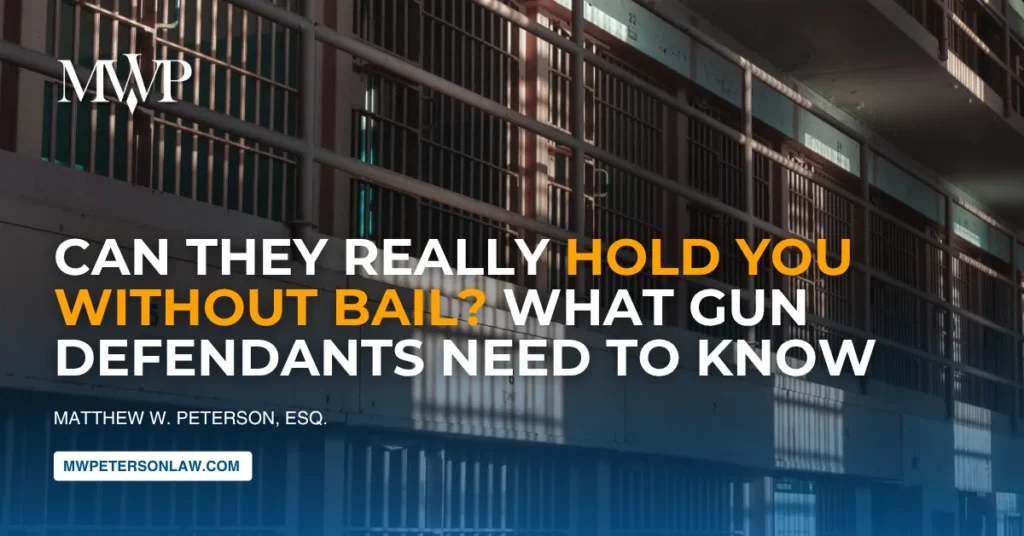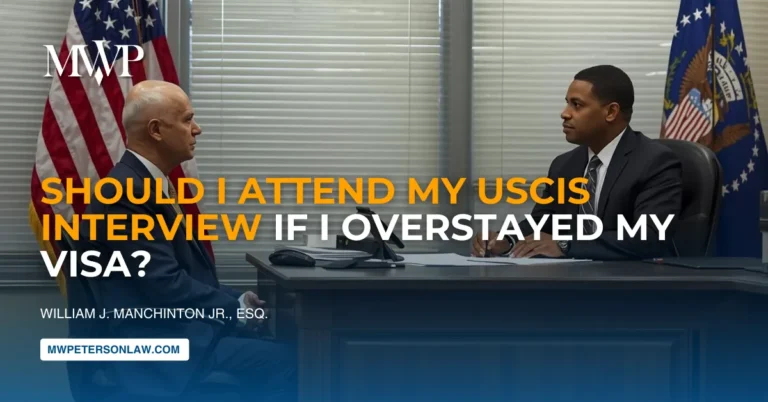If you’re facing gun charges in Massachusetts, you could find yourself locked up without bail before you even get a chance to tell your side of the story. This happens through something called a “dangerousness hearing,” and it’s important to understand how this process works and what’s at stake.
What Is a Dangerousness Hearing?
A dangerousness hearing, sometimes called a “58A hearing,” is when prosecutors ask the court to hold someone in jail without bail. The idea behind these hearings is to protect the community from people who might be dangerous if released. However, the reality is that you can end up detained even for relatively minor gun offenses.
During these hearings, prosecutors argue that no conditions of release – not even electronic monitoring, check-ins, or other restrictions – would be enough to keep the community safe. If the judge agrees, you’ll be held in jail for up to 120 days in district court or 180 days in superior court while your case moves forward.
How Gun Charges Trigger These Hearings
Here’s what makes gun charges particularly risky: they automatically qualify for dangerousness hearings under Massachusetts law. This means that even something as simple as not having a license to carry and being outside your home can potentially land you in this situation.
The qualifying offense threshold is surprisingly low. You don’t need to have threatened anyone or used a weapon in a crime. Simply possessing a firearm without the proper license can be enough to trigger a prosecutor’s request for detention.
The Prosecutor's Strategy
Some district attorney offices have adopted policies of requesting dangerousness detention in every gun case, regardless of the specific circumstances. This aggressive approach means that even people facing their first gun charge could find themselves fighting to stay out of jail.
We’ve seen cases where people posted bail at the police station and went home, only to show up in court the next day and have prosecutors try to lock them up again through a dangerousness hearing. This can be shocking and overwhelming for defendants and their families who thought the immediate crisis had passed.
What Happens at the Hearing
During a dangerousness hearing, the judge examines several factors to decide whether to hold you without bail:
- The circumstances of your case: What exactly happened? Was anyone threatened or hurt?
- Your criminal record: Do you have prior convictions, especially for violent crimes or gun offenses?
- Community ties: Do you have stable housing, employment, and family connections in the area?
- Any other relevant factors: This could include mental health issues, substance abuse problems, or evidence of your character.
The prosecutor presents their argument for why you’re too dangerous to release, while your criminal defense attorney fights for your freedom by highlighting factors that show you’re not a threat to the community.
The Stakes Are High
Being held without bail doesn’t just mean you’re stuck in jail – it affects every aspect of your case and your life. You can’t work to support your family, help prepare your defense, or maintain the stability that might actually make you less likely to get into trouble again.
The time limits – 120 days in district court, 180 days in superior court – might sound manageable, but that’s four to six months of your life. For many people, that’s enough time to lose a job, fall behind on rent, or face other serious consequences that extend far beyond the criminal case itself.
There Is Hope
Despite the serious nature of these hearings, they can be won. Our Boston criminal defense attorneys have successfully fought dangerousness hearings for clients throughout Massachusetts, helping people maintain their freedom while their cases are resolved.
The key is having experienced legal representation that understands how these hearings work and can present the strongest possible case for your release. Every situation is different, and there are often compelling arguments to be made about why detention isn’t necessary.
If you’re facing gun charges, don’t assume that jail is inevitable. With the right legal strategy and advocacy, it’s possible to fight these requests and protect your freedom while your case moves through the courts.











